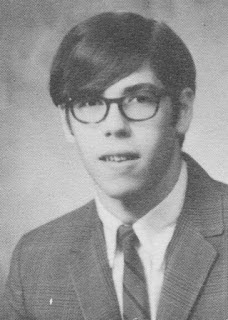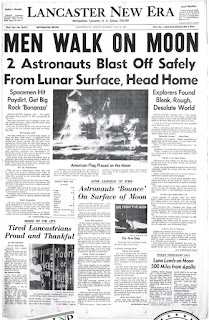 |
| Hemingways on the island of Antigua. |
 |
| Jere Just Sue and Carol talk to the waitress at Hemingways. |
 |
| Our treat at Hemingways. |
 |
| Hemingways on the island of Antigua. |
 |
| Jere Just Sue and Carol talk to the waitress at Hemingways. |
 |
| Our treat at Hemingways. |
 |
| Logo of the Susquehanna Heritage in Columbia, Pennsylvania |
 |
| The bridge over the Seine River near Paris, France. |
 |
| My visit today allowed for this photo of the Columbia bridge. |
 |
| The National Clock and Watch Museum in Columbia, PA. |
 |
| Columbia's beautiful Market House in downtown Columbia. |
 |
| Artist Thomas Hermansader's home in Columbia, PA |
 |
| Rivertowne Antique Center located in Columbia, PA |
 |
| Historic John Wright home in downtown Columbia, PA |
 |
| Ashley and Bailey Silk Mill, now Turkey Hill Experience. |
 |
| This image was found in a public art station on the streets of Columbia, PA. |
 |
| An early fire mark cast in lead. |
 |
| A hand-painted fire mark. |
 |
| An early crossed-hands wooden fire mark. |
 |
| The home of Mayor John Passmore. His fire mark can be seen on the far side of the lower left-hand window. Click to enlarge photo. |
 |
| Larger view of the fire mark on Orange Street home. |
 |
| This Lancaster home, as well as the next two photos, show fire marks that are a large tree symbol. |
 |
| Steve Graver's 1969 Yearbook portraiture. |
 |
| Pat and Steve and their family. |
 |
| Early photo of Pat at 925 Janet Ave. Pat is the young girl on the right of photo. |
 |
| Photo of Carol and I with son Derek and baby girl Brynn. |
 |
| Steve (right) and myself visiting after 50 years. As you may notice, printing ink makes you lose your hair! |
 |
| My photo taken in July of 2019 of what is left of the public artwork. |
 |
| This photo by Michelle Johnsen was taken shortly after the artwork was completed in September, 2018. |
 |
| Pix in newspaper of Caden pithing in the 1st game of the finals. |
 |
| Caden (#29) crossing the plate after hitting his homerun. This photo was taken by the newspaper photographer and was on the front page of the Sports Section. |
 |
| The team celebrating winning the Lancaster County Championship. Caden is the player on the right with the black batting helmet. |
 |
| Final score on the scoreboard. The Angels were the home team. |
 |
| After the excitement died down, the team gathered in right field for a talk with the coaches. |
 |
| The Mountville Angels coach gets doused after the game. |
 |
| Caden taking the throw at first base during the championship game. |
 |
| Traditional handshake after the game. |
 |
| Newspaper photographer taking the celebration with the championship trophy. |
 |
| Team photo. Coach on the far left is my son, Derek, and the third person from the top right is grandson Caden. |
 |
| Former Rep. Robert Walker of Lancaster, PA |
 |
| Apollo 11 Pilot Michael Collins. Led the way to the moon! |
 |
| Neil Armstrong |
 |
| Buzz Aldrin saluting the U.S.A. flag on the moon. |
 |
| The front page of the Lancaster New Era. |
 |
| Mr. George Rodgers playing on the church organ pre-1948. |
 |
| Mr. Frank McConnell at the keyboard of the James Hale Steinman Memorial Organ. I used to turn the pages for Mr. McConnell as a child. |
 |
| The cassette tape insert of Mr. Frank McConnell at the keyboard of the James Hale Steinman Memorial Organ. I took the photo as well as printed the inserts. |
 |
| "Dinner Specials" Click to enlarge. |
 |
| Family Courtney, Dave, Camille and daughter Brynn. |
 |
| Across from them, we are eating our meal. This photo was taken less than a minuted after the one above and as you can see we have our meal while they don't even have water. |
 |
| My meal of lobster raviolis in blush sauce. |
 |
| Carol's meal of Seafood Mac & Cheese. |